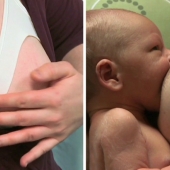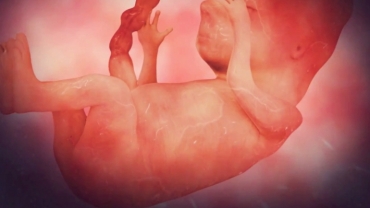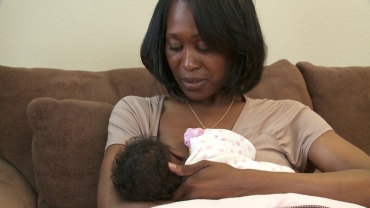No mother wants to lose her baby. You probably want to take all the necessary precautions to make sure your pregnancy reach its full term and you give birth to a healthy infant. To learn how to prevent miscarriage in early pregnancy, take a look at the following steps:
1 - Learn the common causes of miscarriages and the fallacies surrounding them. Doing so will help you learn how to avoid pregnancy pitfalls that lead to this unfortunate result.
2 - The more advanced your age, the higher your risk of having a terminated pregnancy. If you were 35 and above, you should ask your doctor about taking extra precautions so you can carry your baby to term.
3 - Chronic health conditions, such as diabetes or thyroid disease, also increases miscarriage risks. Thus, it's important to manage these diseases before conceiving and ensuring you're at your best in terms of health to increase your chances of success.
4 - Smoking, using illegal drugs, and taking alcohol can also compromise pregnancies, as doing so can cause abnormalities in fetal development. If you smoke, quit. If you don't smoke, avoid being in places where there are people smoking. Avoid exposure to polluted areas as well. Moreover, it may be a good idea to stop drinking anything with caffeine as a precaution even though it does not have links to miscarriages.
5 - It is not true that having sex, vomiting, nausea, exercising, and working can cause miscarriage. Of course, when exercising or working, you should do it in moderation. However, if you are already advanced in age or have, other health conditions, it's wise to consult and follow doctor's orders regarding what you can and should not do.
6 - Get immunized for certain diseases before you conceive so you do not contract illnesses that may compromise your pregnancy. Get yourself checked before conceiving to get proper treatment for any health conditions you may have and increase your chances of avoiding a miscarriage.
7 - Avoid eating foods likely to cause infections. Steer clear raw meats and unpasteurized dairy products, like camembert and brie cheeses. See to it that you take your pregnancy vitamins regularly. You should also avoid products and seafood that have high mercury content, such as tuna, swordfish, marlin, and king mackerel. Instead, consume food rich in folic acid so your baby develops normally.
8 - Schedule regular prenatal checks. This detects problems early on and increases the chances of resolving them so you have a successful pregnancy.
9 - If you work in a highly stressful environment or a place where the risk of infection is high, make sure you give yourself enough time to de-stress at the end to the day and take preventative measures. Wear protective masks or gloves, if possible, when in infection-prone areas so you avoid catching something.
10 - Manage your weight, as being overweight can increase your risk of a miscarriage. It's a fallacy that you should "eat for two" when pregnant. Keep your weight gain within normal limits as advised by your doctor. You can engage in water-based exercises to stay fit while reducing the risk of straining yourself. You should also control your food intake and focus on consuming nutritious foods instead of products low in nutritional value but high in calories.
One of the best steps you can take regarding how to prevent miscarriage in early pregnancy is developing good eating habits and making necessary lifestyle changes before you conceive. By doing so, you not only boost your odds of having a successful pregnancy, but you also ensure that you give birth to a healthy baby with few or no complications.
- 9519 views













